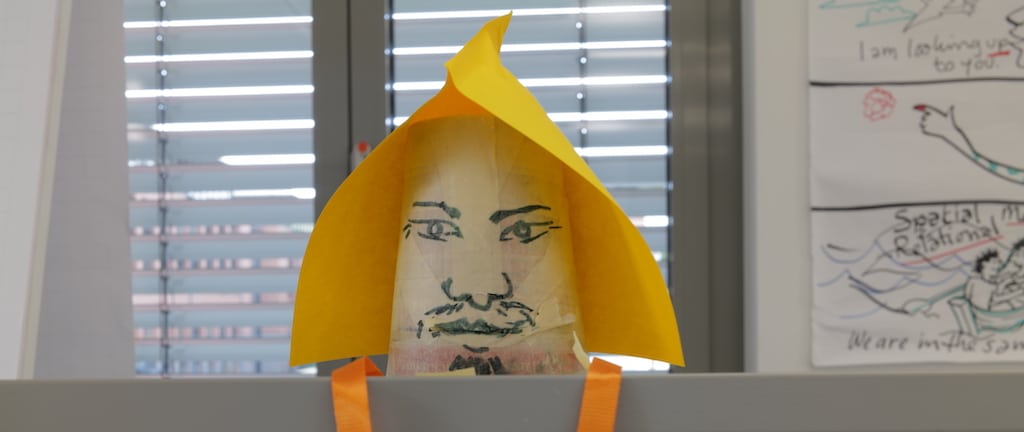
Welcome to the site of the Society for Mental Space Psychology (SOMSP). The Society is committed to spreading a different view of how the human mind works. With new effective possibilities for therapeutic work.
Our mind helps us navigate not only the world, society, our relationships but also within our knowledge, memories, time and our bodies. Everything that exists is placed somewhere in the world around us. To find our way in it, we use the 3D neurological model in our brain.
Whatever we think about, our mind places it somewhere in us or in the environment around us. The unconscious can now be understood as a space within a person and around him where all the contents of the mind have a place.
We call this recent discovery spatial cognition. We connect these insights to mainstream psychotherapy under the name Mental Space Psychology.
The Society for Mental Space Psychology aims to:
The Society for Mental Space Psychology has no control over the quality of practitioners or treatments named on this site. The purpose of the Society is to disseminate knowledge about Mental Space Psychology. There is no mediation between help seekers and practitioners.




Support of education, research, archives and publication of contemporary and historical more publications. Have a look here.

Since 2002 Lucas Derks has been introducing the so called “Social Panorama Consultant” training, a five-day program. Those participants who have finished and sent in the special assignment qualify for the certificate “Social Panorama Consultant” and they are listed on www.socialpanorama.com. Some MSP-colleagues of Lucas give trainings with the same or similar program. The SOMSP supports all spreading of the MSP knowledge and skills, so also these trainings, but does not authorize, license, or guarantee anything about any trainings. In brief, the SOMSP stimulates the teaching of all manner of MSP knowledge, supports trainers in doing this as well as possible, but takes no responsibility for training content and quality, nor tries to control trainers, teachers or practitioners.
Thus, in our view, all manner of MSP or Social Panorama institutes, teachers or trainers are working on their own full personal responsibility. The SOMSP trusts them to do this as well and ethically as they can. Certificates, with the name of SOMSP on it, or with an SOMSP logo or SOMSP ambassador logo thus only show “the bloodline” of the trained concepts.
The reason to formulate the above is that experience shows that in a field like ours certification, sealing, autographing and licensing seems a logical tradition, which, however, brings a lot of bureaucracy, conflict and waste of energy while it cannot really guarantee quality and ethics for the public and society at large. It tends to be a marketing instrument. Experience shows that people working with MSP tend to do so with full engagement and the best of intentions, and, up to now, no reasons have appeared to set up a controlling system.
you're currently offline